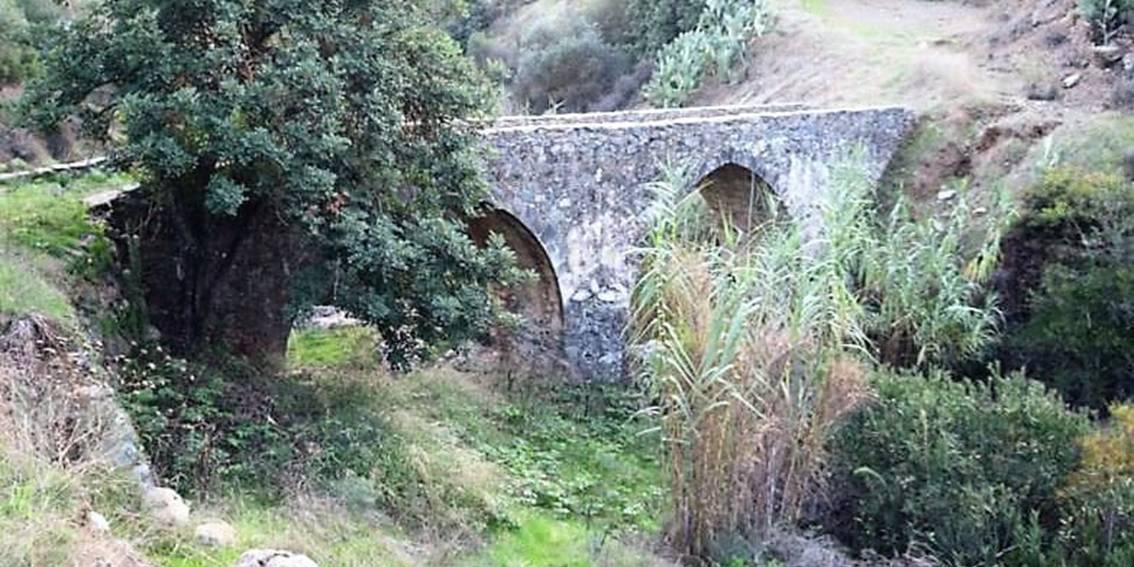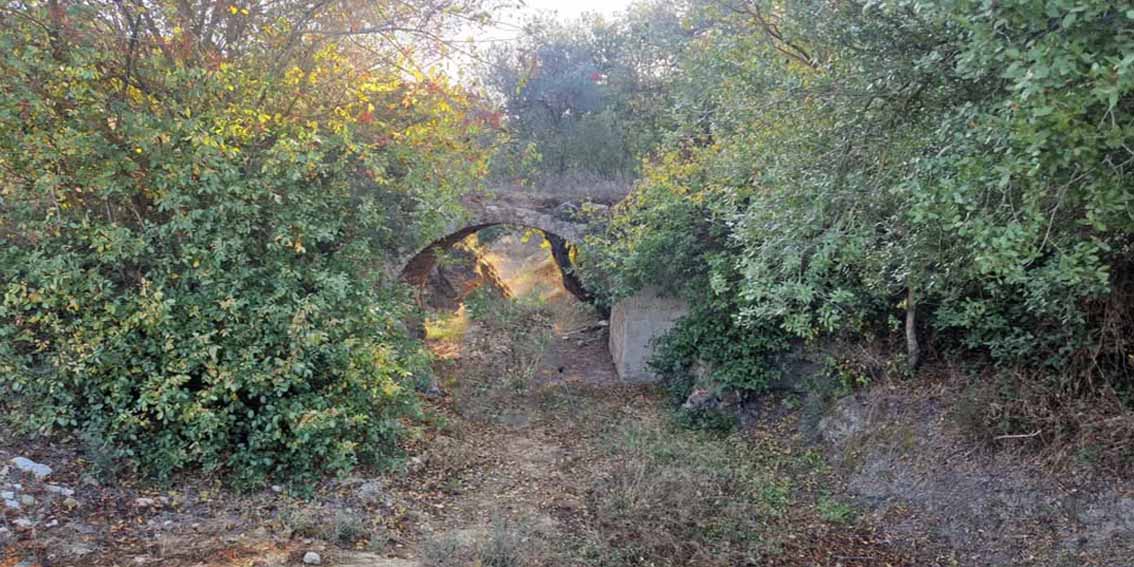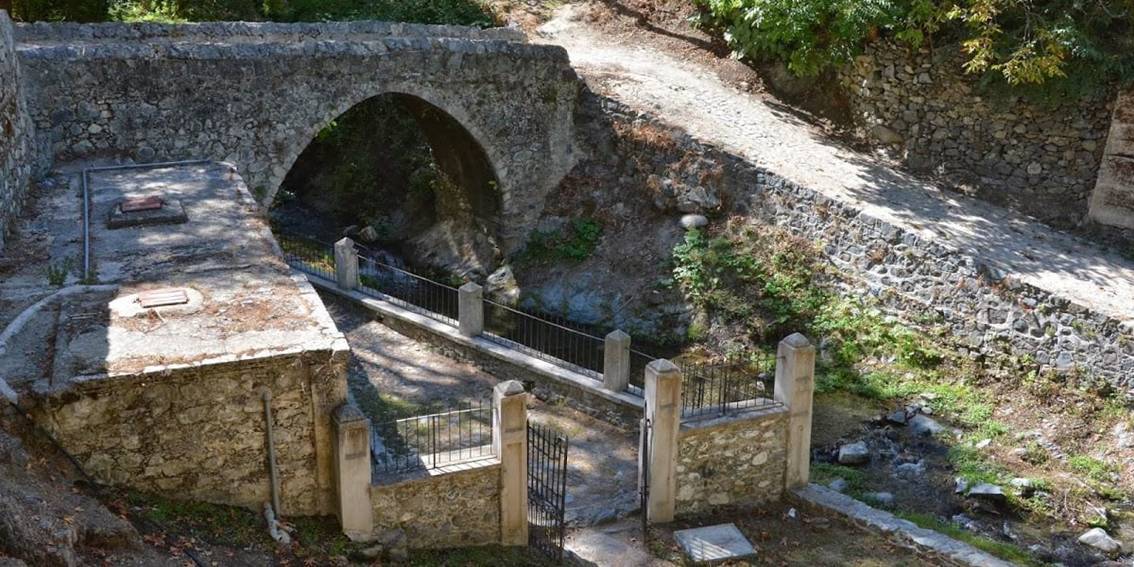Once Upon in Anatolia: The History of the Mukhtar
The history of the Mukhtar: The word mukhtar comes from the Arabic word “مختار,” meaning “chosen” or “selected.” A mukhtar is a local leader or head of a village or neighbourhood in various Middle Eastern and North African countries. The role varies by region but generally involves serving as a liaison between residents and higher levels of government. This position has deep historical roots and remains vital in community administration and conflict resolution.
Historical Context
The history of the Mukhtar dates back to the Ottoman Empire. During the 19th century, the Ottomans formalized the role as part of their administrative reforms. Mukhtars were responsible for maintaining public order, collecting taxes, and keeping civil records like births, deaths, and marriages. This system helped the central government manage its vast and diverse territories effectively.
Roles and Responsibilities
Administrative Duties
Mukhtars handle local administrative tasks, such as maintaining registries of births, deaths, and marriages. They also issue local permits and attestations required for legal processes.
Mediation and Conflict Resolution
Mukhtars mediate disputes within the community, including property issues and family disagreements. Their respected status allows them to maintain social harmony.
Representation
Mukhtars act as intermediaries between residents and higher government levels. They communicate community needs and ensure government policies are implemented locally.
Public Order and Safety
In some regions, mukhtars help maintain public order. They organize community watch programs, report suspicious activities, and collaborate with law enforcement.
Social Welfare
Mukhtars identify and assist vulnerable individuals and families. They distribute aid, coordinate with NGOs, and support social welfare programs.
Selection Process
The selection process for mukhtars varies by region:
In some areas, residents elect mukhtars democratically.
In others, higher authorities appoint them, or the role is inherited through familial lines, especially in traditional or tribal societies.
Regional Variations
Turkey
In Turkey, residents elect mukhtars for five-year terms. They play a key role in local governance, working closely with municipal councils.
Lebanon
In Lebanon, mukhtars are also elected. They hold significant authority in rural areas, handling civil registration and influencing local politics.
Palestinian Territories
Mukhtars in the Palestinian territories mediate disputes and coordinate with Palestinian Authority officials.
North Africa
In countries like Morocco and Algeria, mukhtars focus on community leadership and conflict resolution.
Challenges and Contemporary Relevance
The mukhtar system faces challenges like bureaucratic inefficiency, political interference, and balancing traditional authority with democratic principles. Despite these issues, mukhtars remain essential in local governance. They bridge the gap between residents and higher authorities, fostering community cohesion.
Conclusion
The mukhtar is a pivotal figure in local governance across the Middle East and North Africa. Combining historical tradition with modern administrative responsibilities, they ensure effective communication between communities and governments. Their role in maintaining social harmony and addressing local needs highlights their enduring significance.
You May Also Like This
Once Upon a Time: The Village Life in Cyprus. https://anatolikilemesou.com/?p=2909




